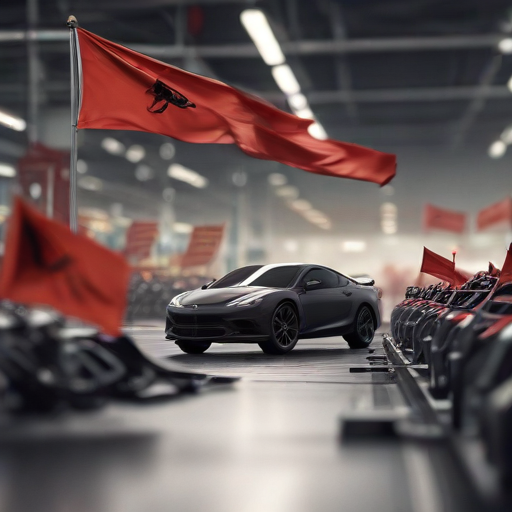Carlos Ghosn, the former CEO of Nissan, expressed serious concerns about the potential merger between Nissan and Honda during a recent interview with CNBC. Ghosn, who helmed Nissan for 19 years and was instrumental in its rise within the automotive industry, believes that if the merger goes through, Nissan will emerge as the weaker partner. He noted that both automakers have overlapping interests and capabilities, which could lead to significant cost-cutting measures that would ultimately harm Nissan.
The speculation regarding a Nissan and Honda merger gained traction earlier this month, and both companies confirmed they are in talks about a business integration. The proposal suggests creating a holding company that would oversee both firms and be publicly traded on the Tokyo Stock Exchange. Given Honda’s substantial market capitalization, it is expected that they would dominate the decision-making process within the new entity. Additionally, Nissan’s current partner, Mitsubishi, is also involved in discussions about joining this new group. If successful, the proposed alliance could form a $54 billion entity, positioning them as the third-largest automaker globally, behind Toyota and Volkswagen.
Both companies believe that a merger would enable them to better share resources and knowledge to stay competitive in the rapidly evolving electric vehicle market. However, Ghosn highlighted that Nissan appears to be pursuing this merger out of desperation as it undergoes significant restructuring, including job cuts and production reductions, to stay afloat. He expressed skepticism about Nissan’s ability to succeed without significant changes to its current trajectory.
Kei Okamura, a portfolio manager at Neuberger Berman, also voiced cautious optimism regarding the merger. He noted the importance of a smooth integration process and suggested that for the merger to succeed, both companies must align their cultures, operations, and resources effectively.
While uncertainty looms over the viability of this merger and Nissan’s broader recovery efforts, it also presents an opportunity for both companies to innovate and strengthen their positions in the automotive market. As the industry pushes towards electric vehicles and sustainable practices, collaborations like this could pave the way for advancements and progress, benefiting consumers and the market as a whole.
In summary, the potential merger of Nissan and Honda heralds a significant moment in the automotive industry, with both challenges and opportunities ahead. It emphasizes the shift towards consolidation in response to the evolving market dynamics, and despite the current uncertainties, there is hope that this could lead to a more resilient and innovative automotive sector in the future.
